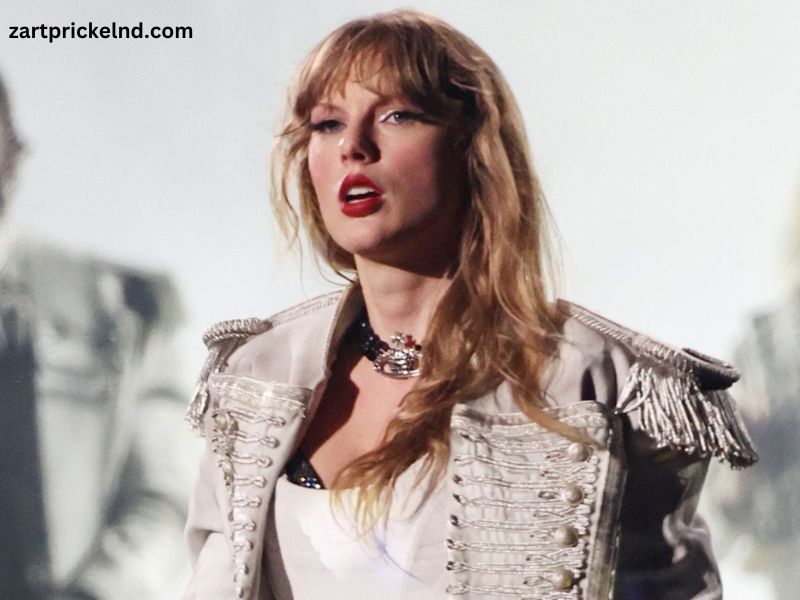“My Boy Only Breaks His Favorite Toys” is a poignant exploration of childhood innocence, the complexities of attachment, and the emotional turmoil that arises from growing up. The lyrics, filled with vivid imagery and raw emotion, speak to a universal experience that resonates with both children and adults alike. In this article, we will dissect the themes, emotional undertones, and cultural context of the song, shedding light on why it strikes such a profound chord with listeners.
Thematic Overview
At its core, the song encapsulates the paradox of childhood: the joy of play coupled with the inevitable loss and heartbreak that accompany it. The metaphor of breaking toys serves as a powerful symbol for the fragility of innocence and the harsh realities that come with growing up. This duality is reflected in the lyrics, which juxtapose moments of joy and the sorrow that follows.
Childhood Innocence
The song opens with a depiction of carefree play. Children often develop attachments to their toys, viewing them not just as objects but as companions. This attachment is beautifully illustrated in the lyrics, emphasizing the importance of imagination in childhood. Toys represent not only physical playthings but also the dreams, adventures, and friendships children create in their minds.
The Pain of Loss
As the song progresses, the tone shifts from joy to sadness. The imagery of broken toys serves as a metaphor for the inevitable loss that comes with growing up. Children may break their toys through rough play, but the act of breaking also reflects deeper emotional experiences. The realization that favorite toys can be lost or damaged mirrors the reality that childhood innocence is fleeting. This theme resonates with adults who remember their own experiences of loss and the bittersweet nature of growing up.
Emotional Resonance
The emotional impact of “My Boy Only Breaks His Favorite Toys” is profound. The lyrics capture the essence of childhood heartbreak, evoking feelings of nostalgia and empathy. Listeners are drawn into the world of the song, connecting with the experiences of the child and their parents.
Nostalgia
For many, the song evokes nostalgia for a simpler time. Adults listening to the song may recall their own childhood experiences, the toys they cherished, and the inevitable moment when those toys were no longer whole. This nostalgia is bittersweet; while it brings back fond memories, it also serves as a reminder of the passage of time and the inevitability of change.
Empathy
The emotional weight of the lyrics fosters empathy among listeners. Parents, in particular, may relate to the struggle of watching their children navigate the ups and downs of growing up. The experience of a child breaking their favorite toy can be a microcosm of larger life lessons about loss, resilience, and the importance of cherishing moments.
Cultural Context
To fully appreciate the song, it’s essential to consider its cultural context. The portrayal of childhood in music has evolved over the decades, reflecting societal changes and shifts in parenting styles. “My Boy Only Breaks His Favorite Toys” taps into this cultural narrative, resonating with contemporary audiences while echoing themes found in classic children’s literature and songs.
The Evolution of Childhood Representation
Historically, representations of childhood have varied widely. From the idyllic, carefree days depicted in early 20th-century literature to the more complex and sometimes darker portrayals in modern media, the way we understand childhood has transformed. This song captures a moment in this evolution, bridging the gap between the innocence of yesteryears and the challenges faced by today’s children.
Parenting in the Modern Era
Modern parenting often emphasizes emotional intelligence and resilience. Parents today are more aware of the emotional landscapes their children navigate. The lyrics resonate with this understanding, highlighting the importance of acknowledging feelings of loss and teaching children how to cope with disappointment. The song serves as a reminder that while toys may be broken, the lessons learned through these experiences are invaluable.
Musical Composition
While the lyrics provide a rich narrative, the musical composition also plays a crucial role in conveying the song’s emotional depth. The melody, instrumentation, and overall arrangement contribute to the listener’s experience, enhancing the themes present in the lyrics.
Melodic Structure
The melody of “My Boy Only Breaks His Favorite Toys” is haunting yet gentle, creating a sense of wistfulness. The use of minor chords adds an element of melancholy, aligning perfectly with the song’s themes of loss and nostalgia. As the song progresses, subtle shifts in tempo and dynamics mirror the emotional fluctuations experienced by the child.
Instrumentation
The choice of instruments further enriches the song’s narrative. Soft acoustic guitars, delicate piano, and gentle strings create an intimate atmosphere, drawing listeners into the world of the child. This arrangement encourages reflection, allowing listeners to immerse themselves in the emotional journey depicted in the lyrics.
Conclusion
“My Boy Only Breaks His Favorite Toys” is more than just a song about a child’s experience with their toys; it is a profound exploration of the complexities of childhood, the inevitability of loss, and the importance of cherishing moments. Through its evocative lyrics and haunting melody, the song resonates deeply with listeners of all ages, inviting them to reflect on their own experiences of joy, heartbreak, and the bittersweet nature of growing up.
As we navigate the challenges of life, this song serves as a poignant reminder of the fragility of innocence and the valuable lessons that come from the inevitable breakages we experience along the way. Whether as children or adults, we can all relate to the sentiment that sometimes, the things we love most are the ones we inadvertently hurt the most. In this shared understanding, the song continues to hold a special place in the hearts of many, echoing the universal truths of love, loss, and the bittersweet journey of growing up.



